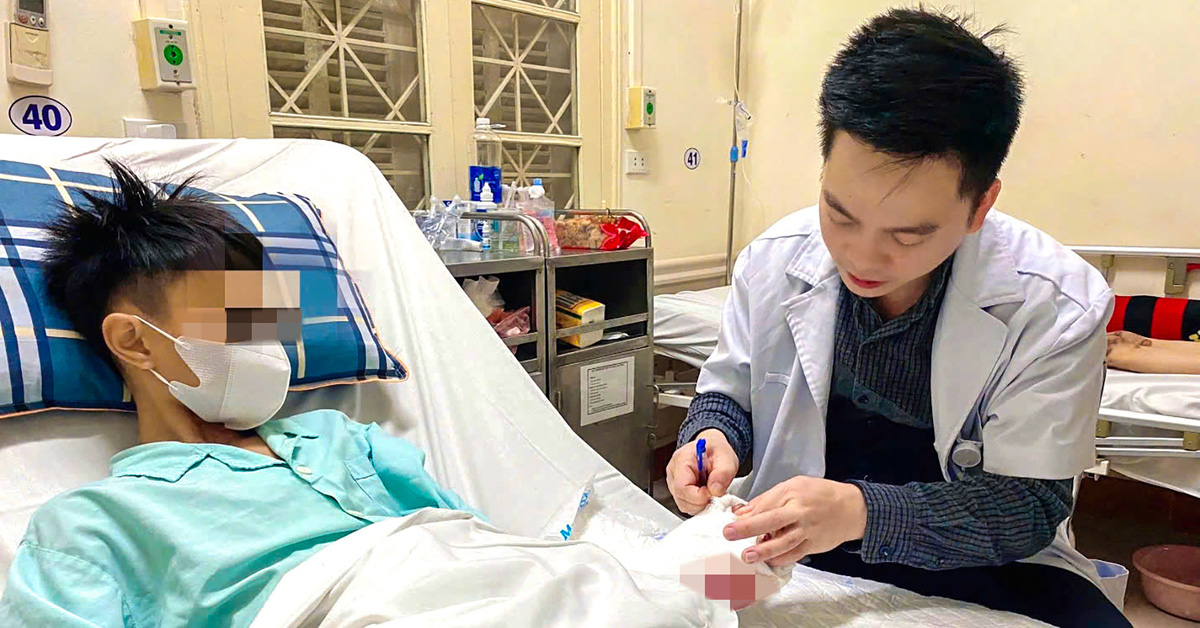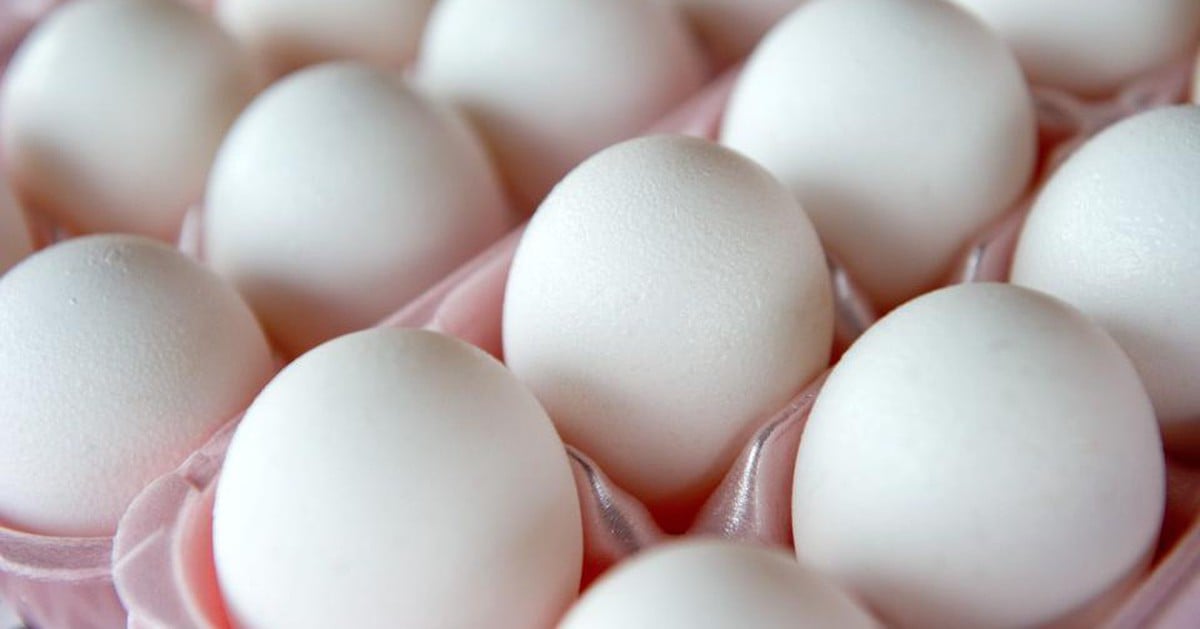There are many factors that cause the nerves that regulate sensation and movement in the hands to become damaged, inflamed, causing pain, accompanied by numbness, burning or tingling.
The hand consists of bones, muscles, ligaments, tendons, and nerves that regulate sensation and movement. Here are the factors that cause hand nerve damage and how to fix it.
Pinched nerve: Compression of the nerves in the hand leads to pain, numbness, and tingling. This condition has many causes, including injury or arthritis. It is more common in adults over 50 but can affect people of any age.
Carpal tunnel syndrome: Older people and women are more likely to develop this syndrome. Carpal tunnel syndrome can arise from overuse of the hands, pregnancy, or chronic conditions such as diabetes.
Peripheral neuropathy: Peripheral neuropathy refers to damage to the nerves outside the brain and spinal cord. In the hands, this condition leads to muscle weakness, numbness, and loss of coordination, as well as pain. Causes include injury, autoimmune conditions such as lupus and rheumatoid arthritis, and infections.
Tenosynovitis: Tenosynovitis occurs when the sheath of the tendon that connects the thumb to the wrist becomes inflamed, resulting in pain, weakness, swelling, and a “clicking” sensation in the wrist. The inflammation is caused by injury or repetitive hand movements that put pressure on the thumb, such as knitting, lifting heavy objects, or activities that involve clenching the hand.
![[Caption]. Photo: Freepik](https://vstatic.vietnam.vn/vietnam/resource/IMAGE/2025/1/18/459703cd285d47f5ad173a843525361d)
Neuropathy causes hand pain accompanied by numbness and burning sensation. Photo: Freepik
Trigger finger syndrome: Trigger finger is a condition caused by inflammation of the annular ligament that fixes the flexor tendons of the finger. The main symptoms of this condition are that the finger often becomes fixed, stuck, or locked in a bent position when moving; needs someone to straighten or bend it back to its original position; pain over the tendon area, which is often worse with movement... Trigger finger occurs due to conditions such as arthritis or diabetes, due to trauma, repetitive stress.
Ganglion cysts: These fluid-filled sacs develop in the hands and wrists, causing nerve pain. They occur in joints, often affecting the wrists, and can become a problem when they press on nerves, affecting function and causing pain. Ganglion cysts are not cancerous and usually go away on their own, although they may sometimes require treatment.
Osteoarthritis: This is one of the most common types of arthritis. Osteoarthritis is the gradual breakdown of cartilage around the joints due to aging and natural wear and tear; causing inflammation, affecting the nerves of the hands, even leading to stiffness and discomfort, severely disrupting the movement and function of the hands.
Rheumatoid arthritis: Rheumatoid arthritis is an autoimmune disease that occurs when the body's immune system mistakenly attacks the joints. It also causes pain, stiffness, and swelling of the nerves in the hands, sometimes causing severe deformities of the fingers. Left untreated, rheumatoid arthritis can cause peripheral neuropathy and carpal tunnel syndrome.
Diabetes: Neuropathy in the hands is one of the many effects of type 2 diabetes. Nerve damage occurs due to high blood sugar levels over a long period of time. Symptoms include pain, tingling, and numbness in the hands.
In addition to conditions that directly damage the nerves in the hands, a number of other conditions can also cause these symptoms such as: heart attack, lupus, pregnancy, gout, shingles, infections...
People should proactively see a doctor if they experience nerve pain, tingling, or other symptoms in their hands that affect their ability to function or perform daily tasks. Treatment for nerve pain in the hands varies on a case-by-case basis, including medication or even surgery if severe.
Some studies have shown that acupuncture helps relieve pain in the hands. Acupuncture is thought to stimulate nerves by inserting needles into specific areas of the hands, wrists, arms, shoulders, and back.
Vitamin B12 supplementation may be helpful, as deficiency of this vitamin has been linked to serious peripheral neuropathy. Some studies have also shown that vitamin B12 supplementation reduces nerve pain in people with diabetes, and this may also be true for people with other types of nerve pain.
To prevent pain, patients should maintain a healthy weight, quit drinking alcohol... and play sports to increase blood flow to the joints, helping to reduce inflammation during activity.
As You Wish ( According to Very Well Family )
Source link











































![[Photo] Prime Minister Pham Minh Chinh chairs Government Conference with localities on economic growth](https://vstatic.vietnam.vn/vietnam/resource/IMAGE/2025/2/21/f34583484f2643a2a2b72168a0d64baa)


























































Comment (0)